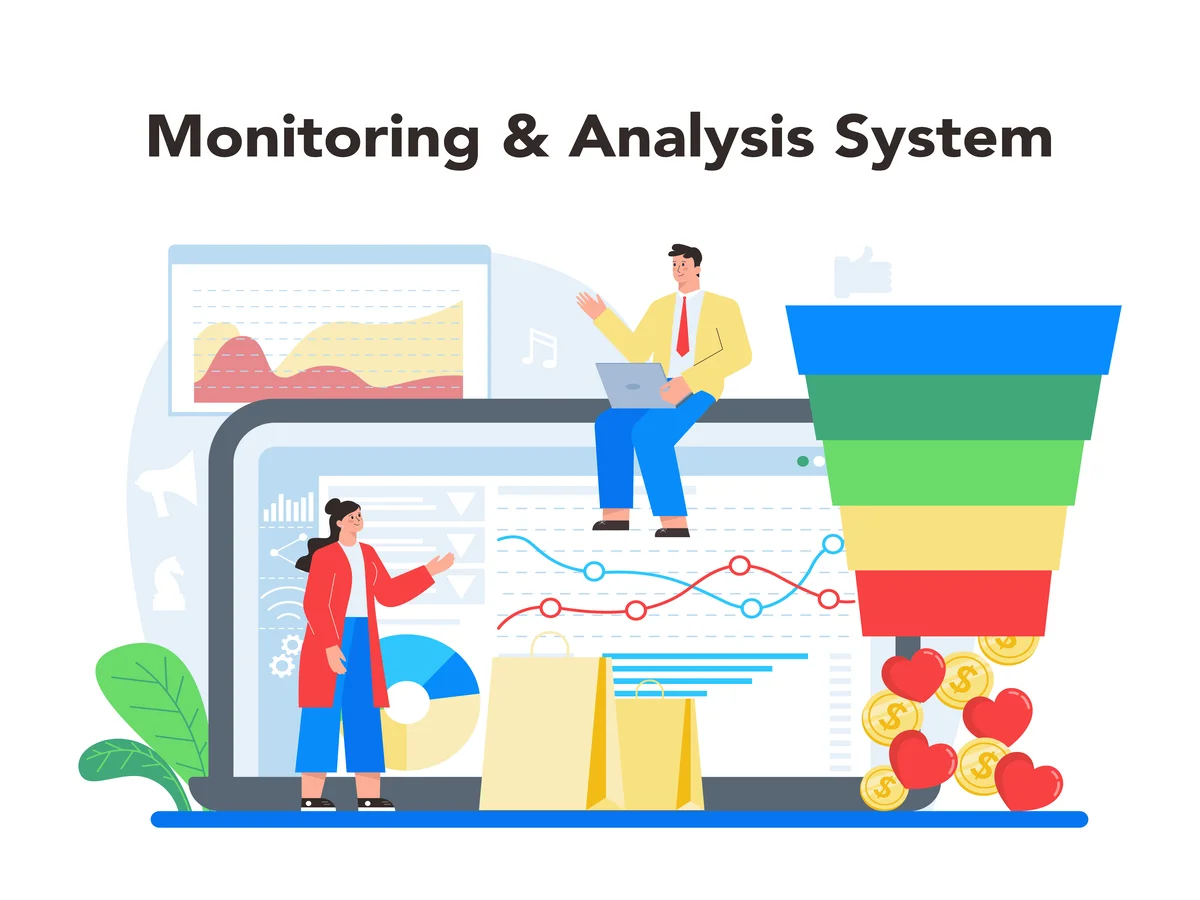Google’s Algorithm: Insights on Analytics vs. Search Console for Ranking

In the dynamic landscape of digital marketing, understanding and leveraging Google’s algorithm is crucial for achieving optimal search engine rankings. Two primary tools that play a pivotal role in this process are Google Analytics and Google Search Console. While both platforms offer valuable insights, they serve distinct purposes in enhancing a website’s performance and visibility. In this article, we will delve into the nuances of Google’s algorithm, shedding light on the unique advantages each tool brings to the table.
Google Analytics: Unveiling User Behavior Insights
Google Analytics is a robust web analytics tool that provides in-depth insights into user behavior on a website. It goes beyond just ranking data and focuses on the entire user journey. By analyzing metrics such as bounce rate, session duration, and pages per session, marketers can gauge how users interact with their content.
One key advantage of Google Analytics is its ability to track the effectiveness of marketing campaigns and user acquisition channels. This information is invaluable for refining strategies and optimizing content to align with user preferences. While Google Analytics doesn’t directly influence search rankings, it plays a crucial role in shaping content and engagement strategies that indirectly impact a site’s SEO performance.
Google Search Console: Navigating Technical SEO
On the other hand, Google Search Console is a specialized tool designed to assist webmasters in managing their site’s presence in Google search results. It focuses on technical SEO aspects, such as indexing status, crawl errors, and structured data issues. By addressing these technical intricacies, websites can ensure that search engines can crawl and index their content effectively.
One of the standout features of Google Search Console is the ability to submit a sitemap, allowing webmasters to guide search engine crawlers through the site’s structure. This aids in quicker indexing of new content and ensures that search engines are aware of all relevant pages.
Analytics vs. Search Console for Ranking: Finding the Balance
While both Google Analytics and Google Search Console offer unique insights, finding the right balance between them is essential for a comprehensive SEO strategy. Google Analytics provides a broader view of user behavior and helps refine content strategies, while Google Search Console hones in on technical aspects critical for search engine visibility.
Integrating the two tools allows marketers to correlate user behavior data with technical SEO insights. For example, identifying pages with high bounce rates in Google Analytics and cross-referencing that data with crawl errors in Google Search Console can reveal opportunities for improvement in both content quality and technical optimization.
Key Takeaways
In the realm of digital marketing, understanding Google’s algorithm is an ongoing process that involves leveraging the right tools at the right time. Google Analytics and Google Search Console, while serving different purposes, complement each other in creating a holistic SEO strategy. By delving into user behavior with Analytics and addressing technical SEO with Search Console, marketers can navigate the complexities of the algorithm, ultimately enhancing their website’s search engine ranking. Remember, success lies in the synergy of these tools, offering a comprehensive approach to SEO optimization.
FAQs:
Google’s Algorithm is a complex set of rules and calculations used to determine the order of search results. It considers various factors like relevance, quality, and user experience to rank websites. Regular updates to the algorithm can impact search rankings, influencing how websites are displayed in search engine results.
Google Analytics provides insights into user behavior on a website, including metrics like page views, bounce rate, and session duration. By analyzing this data, marketers can understand user preferences, identify popular content, and optimize marketing strategies to enhance overall website performance.
Google Search Console is a tool that helps webmasters monitor and manage their site’s presence in Google search results. It focuses on technical aspects of SEO, such as indexing status, crawl errors, and structured data issues. Webmasters can use this information to ensure their site is effectively crawled and indexed by search engines.
Google Analytics itself does not directly influence search rankings. However, the insights gained from user behavior data can inform content strategies, potentially leading to improvements in user engagement and indirectly impacting SEO performance.
Google Search Console identifies technical issues that may impact a site’s performance in search results. It allows webmasters to address crawl errors, submit sitemaps, and monitor the indexing status of pages. Technical SEO improvements made through the Search Console can contribute to better search engine visibility.







